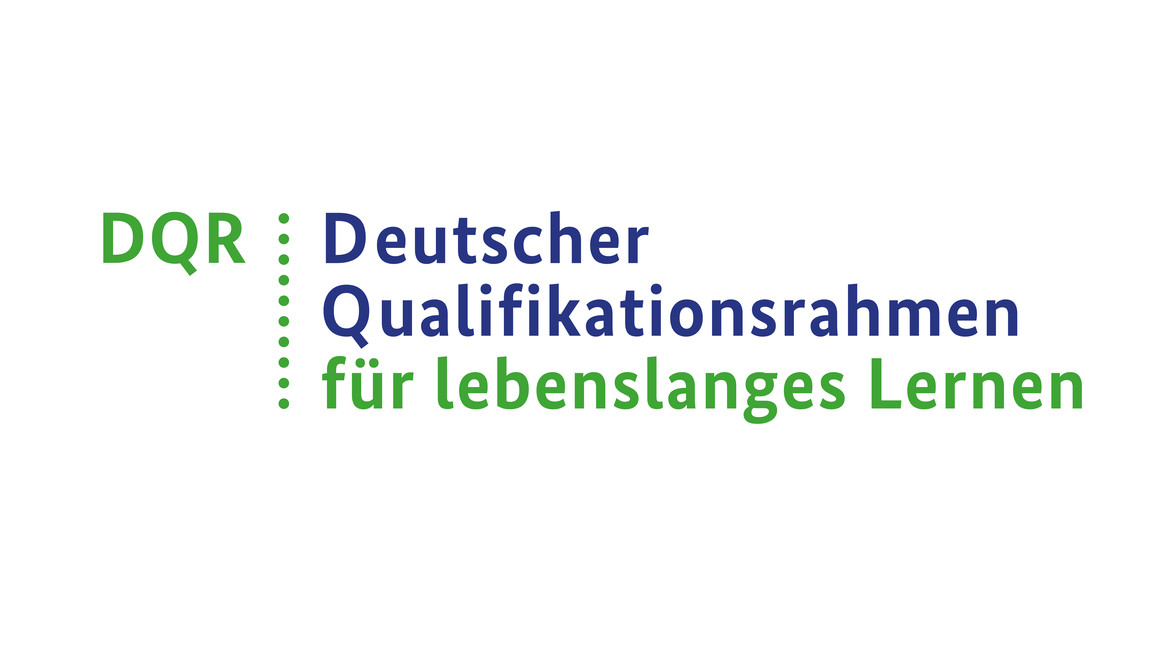Contents
Academic and vocational qualifications acquired in Germany are becoming increasingly easy to compare across Europe. The pursuit of this goal was agreed between the Federal Government and the Länder in 2013. The joint decision to set up a German Qualifications Framework for Lifelong Learning (DQR) provided the basis for the classification of acquired qualifications according to corresponding DQR levels and for the relevant level to be stated on the qualification certificate. Thus, for example, a three-year initial vocational training qualification is referenced to level 4, while a bachelor's, Meister or skilled technician (Techniker) qualification is referenced to level 6.
The EU education ministers and the European Parliament had already agreed to introduce a reference system in form of a European Qualifications Framework (EQF) in order to provide greater transparency and comparability of skills and qualifications in Europe. The EQF is to be implemented in all EU countries in national provisions which take account of the specifics of the respective education systems. The German Qualifications Framework (DQR) was jointly developed by the Federal Government, the Länder and the social partners.
The EQF and its implementation in a national qualifications framework provides great opportunities in all areas of lifelong learning and enables European neighbours to assess skills acquired in Germany. The EQF provides a framework in which the learning outcomes achieved within the different national education systems can be mapped. The aim is to improve comparability and mutual recognition of learning outcomes in the respective national education systems even though the systems are structured in very different ways. The EQF and the DQR are therefore translation and transparency tools to provide comparability at European level.
In Europe-wide comparison, Germany is in a very good position and can now demonstrate the high performance of its education and training system.
DQR levels - The DQR differentiates between eight levels for the general descriptions of competences which can be acquired in the German education system, namely:
Level 1
describes competences for the fulfilment of simple requirements within a clearly and well-structured field of study or work. Fulfilment of tasks takes place under supervision.
Level 2
describes competences for the fulfilment of basic requirements within a clearly and well-structured field of study or work. Fulfilment of tasks takes place largely under supervision.
Level 3
describes competences for the autonomous fulfilment of technical requirements within a field of study or field of occupational activity which remains clear whilst being openly structured in some areas.
Level 4
describes competences for the autonomous planning and processing of technical tasks assigned within a comprehensive field of study or field of occupational activity which is subject to change.
Level 5
describes competences for the autonomous planning and processing of wide-ranging technical tasks assigned within a complex and specialised field of study or field of occupational activity which is subject to change.
Level 6
describes competences for the planning, processing and evaluation of comprehensive technical tasks and problems and of competences for autonomous management of processes in sub-areas of a technical specialism or in a field of occupational activity. The structure of requirements is characterised by complexity and frequent changes.
Level 7
describes competences for the processing of new, complex tasks and problems and for the autonomous management of processes in a technical specialism or in a strategy-oriented field of occupational activity. The requirement structure is characterised by frequent and unpredictable changes.
Level 8
describes the competences for obtaining research findings in a technical specialism or for the development of innovative solutions and processes in a field of occupational activity. The requirement structure is characterised by new and unclear problem situations.


